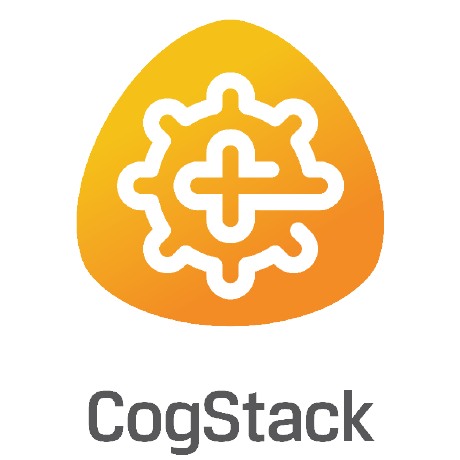Discover and explore top open-source AI tools and projects—updated daily.
KG_RAG by  BaranziniLab
BaranziniLab
KG-RAG empowers LLMs using knowledge graphs for knowledge-intensive tasks
Top 38.9% on SourcePulse
This framework empowers Large Language Models (LLMs) for knowledge-intensive tasks by integrating explicit knowledge from a biomedical Knowledge Graph (KG) with the implicit knowledge of LLMs, offering "prompt-aware context" for improved accuracy. It is designed for researchers and developers working with biomedical data and LLMs.
How It Works
KG-RAG combines a massive biomedical KG (SPOKE, with 27M nodes and 53M edges) with LLMs like GPT and Llama. It extracts "prompt-aware context"—the minimal, relevant information from the KG needed to answer a user's query. This approach optimizes domain-specific context for general-purpose LLMs, enhancing their performance on knowledge-intensive tasks.
Quick Start & Requirements
- Install: Clone the repository, create a Python 3.10.9 virtual environment, and install dependencies via
pip install -r requirements.txt. - Prerequisites: Python 3.10.9,
config.yamlmust be updated. Optional Llama model download. - Setup: Run
python -m kg_rag.run_setupto create a disease vector database and optionally download the Llama model. - Run: Execute KG-RAG via terminal commands, e.g.,
GPT_API_TYPE='openai' python -m kg_rag.rag_based_generation.GPT.text_generation -gfor GPT orpython -m kg_rag.rag_based_generation.Llama.text_generation -m <method>for Llama. Interactive modes are available (-i True). - Docs: arXiv preprint, BiomixQA Dataset.
Highlighted Details
- Utilizes the SPOKE biomedical KG, integrating over 40 repositories and 27 million nodes.
- Supports both GPT (Azure/OpenAI) and Llama models.
- Includes the BiomixQA benchmark dataset for evaluating KG-RAG performance.
- Offers interactive modes for step-by-step execution and evidence display (
-e).
Maintenance & Community
The project is associated with BaranziniLab. The primary citation is Soman et al., 2023.
Licensing & Compatibility
The README does not explicitly state the license. Compatibility for commercial use or closed-source linking is not specified.
Limitations & Caveats
Currently designed primarily for disease-related prompts, with ongoing work to improve versatility. The setup script may download large models if not already present.
1 year ago
Inactive

 Pandalin98
Pandalin98 UCSC-VLAA
UCSC-VLAA liuhuanyong
liuhuanyong cambridgeltl
cambridgeltl CogStack
CogStack snap-stanford
snap-stanford FudanDISC
FudanDISC xlang-ai
xlang-ai naver
naver honeyandme
honeyandme microsoft
microsoft Kent0n-Li
Kent0n-Li